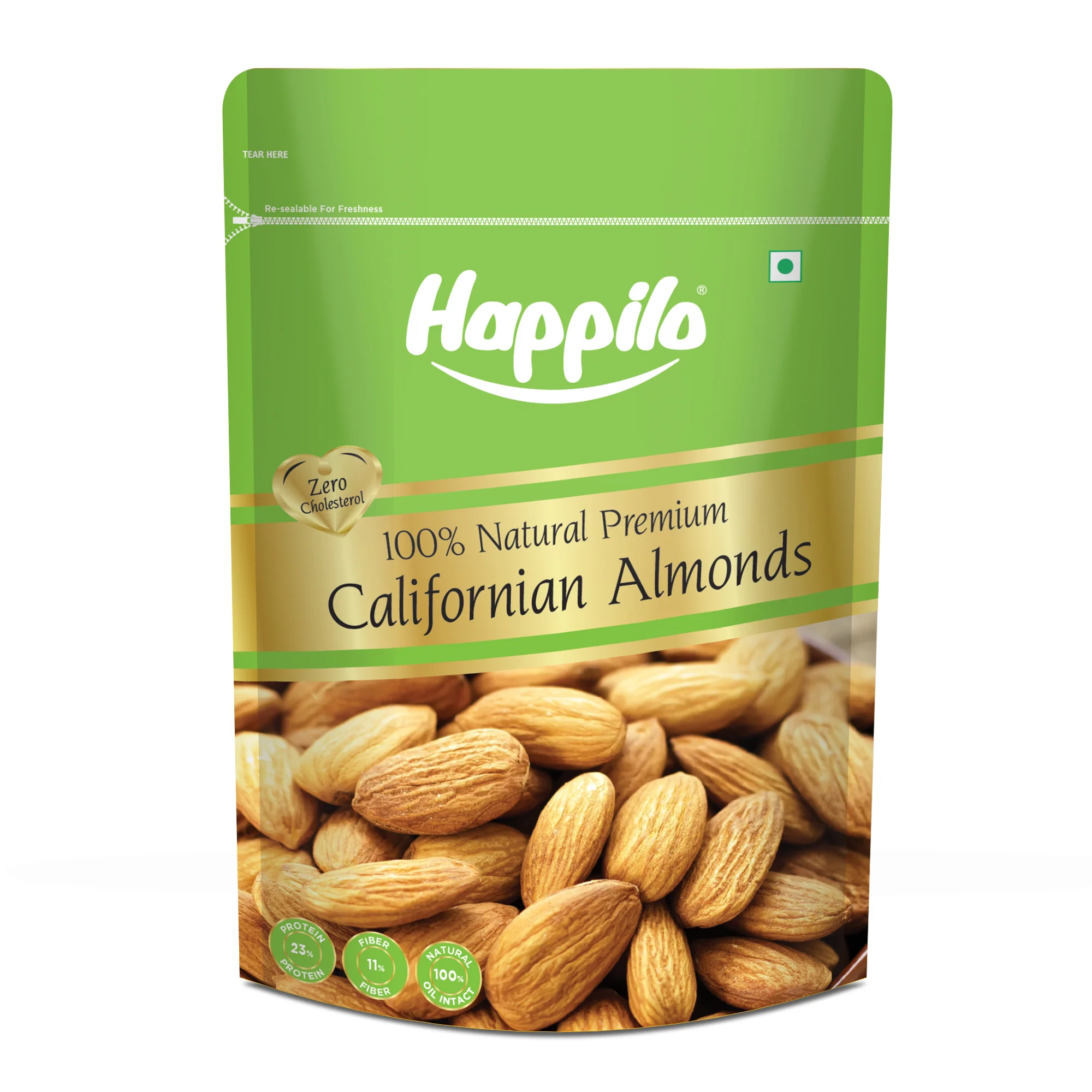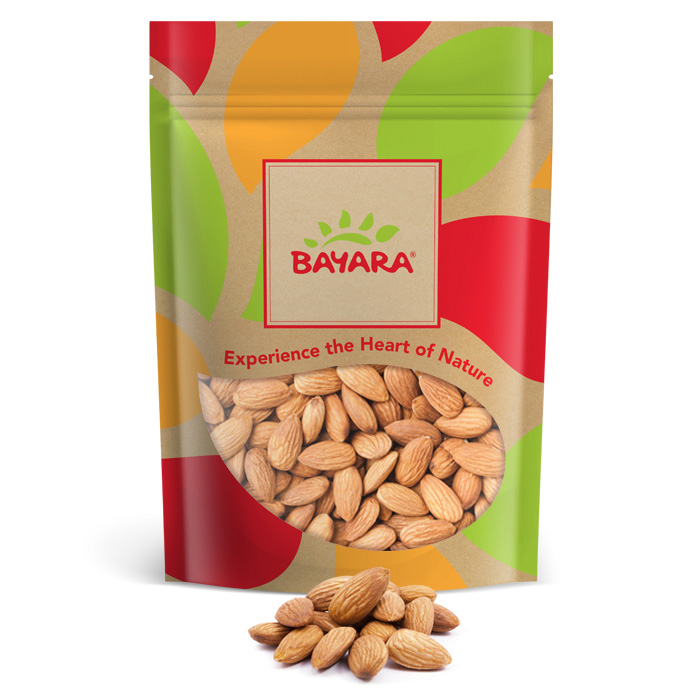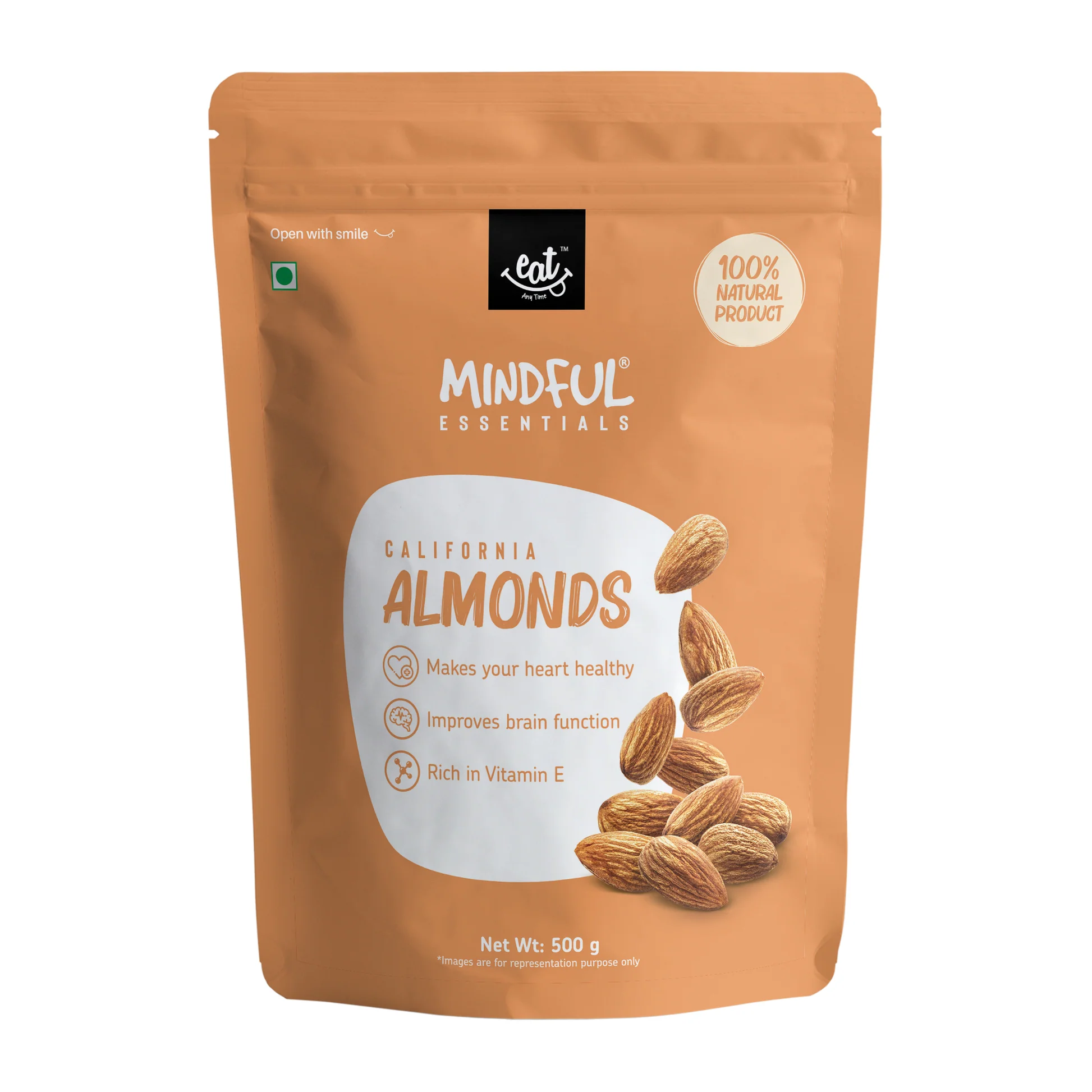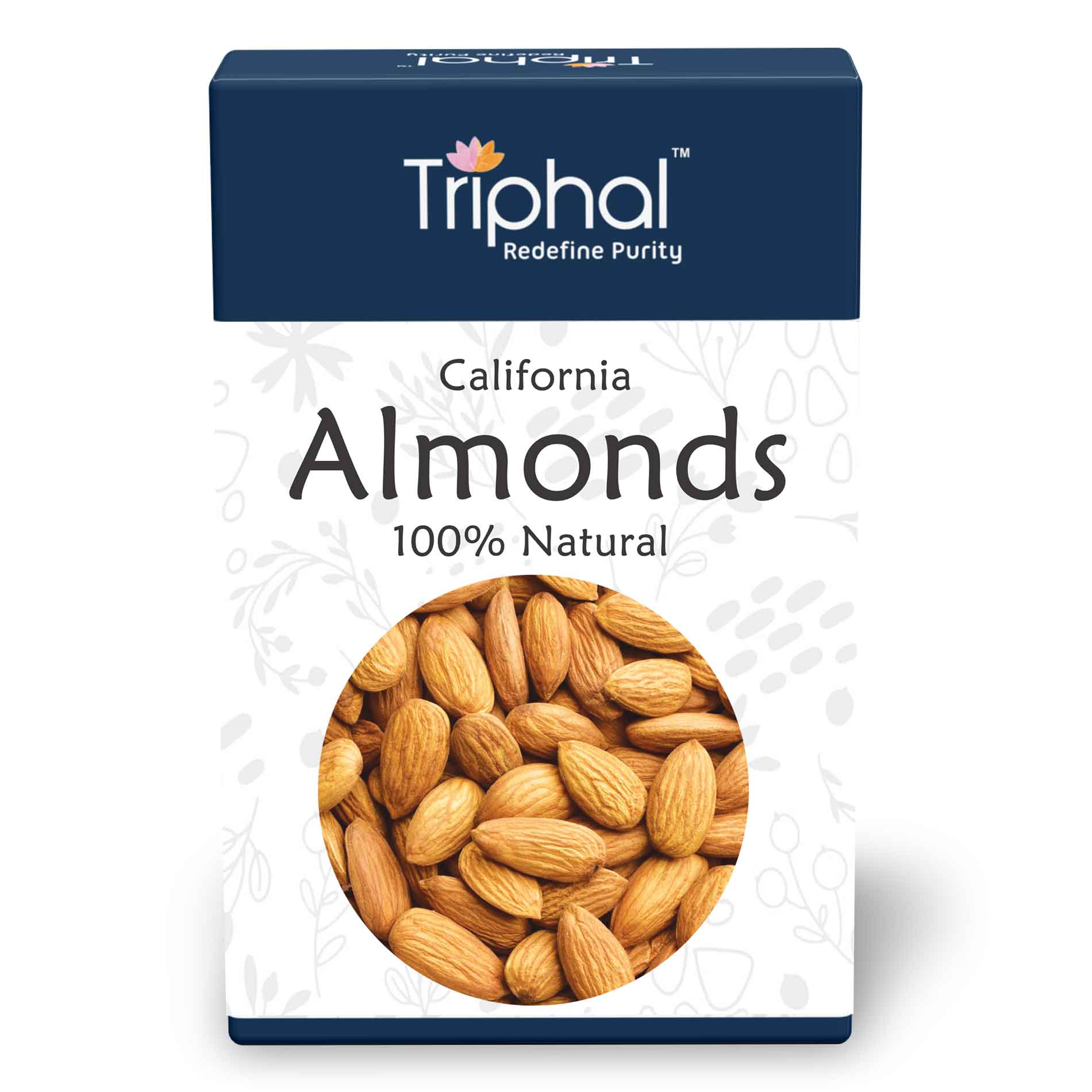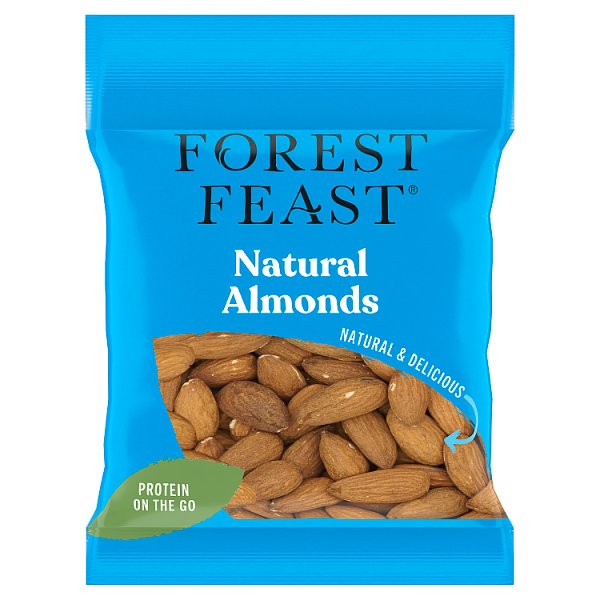Description
Almonds are a popular and nutritious nut that have been consumed for thousands of years. Native to the Middle East and South Asia, these small, elongated seeds are packed with essential nutrients, making them a staple in many diets around the world. Rich in healthy fats, particularly monounsaturated fats, almonds support heart health by helping to lower bad cholesterol levels. In addition to healthy fats, they are also a great source of protein, fiber, vitamins, and minerals, including vitamin E, magnesium, and calcium.
Beyond their impressive nutritional profile, almonds are incredibly versatile in culinary applications. They can be eaten raw, roasted, or blanched, and are commonly used in a variety of dishes—from salads and desserts to smoothies and savory meals. Almond milk, a plant-based alternative to dairy, has gained popularity, particularly among those who are lactose intolerant or seeking vegan options. Almond flour, made from finely ground almonds, is often used in gluten-free baking, offering a nutty flavor and added nutrition to a variety of recipes.
Research has shown that consuming almonds may provide various health benefits, including improved blood sugar control, weight management, and reduced inflammation. Their ability to promote satiety can help curb unhealthy snacking, making them a smart choice for those looking to maintain a healthy lifestyle. Moreover, almonds are often associated with skin health, thanks to their high vitamin E content, which acts as an antioxidant and supports skin elasticity. Overall, incorporating almonds into a balanced diet can contribute to overall well-being and enhance the enjoyment of meals.


